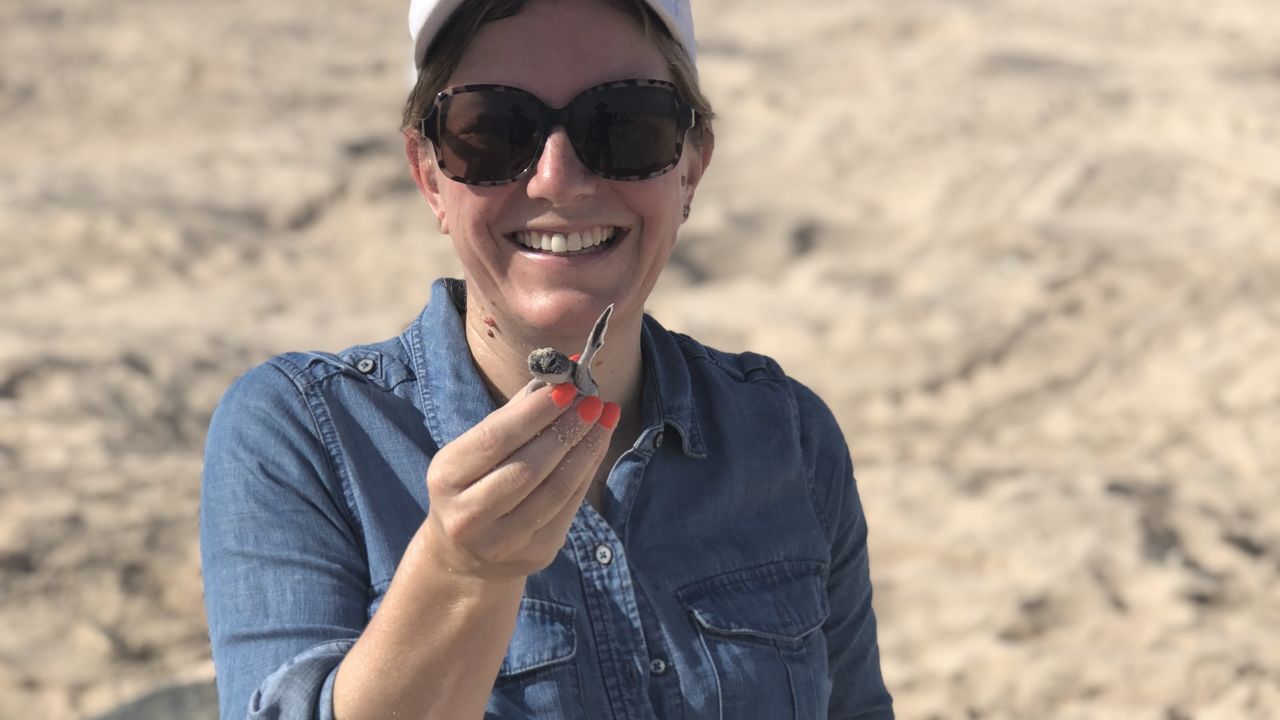News ·
Celebrating ten years of saving the Reef with Theresa Fyffe
The Foundation is lucky to have incredible female leaders like Theresa Fyffe who has led our conservation program team towards saving the Reef for the last ten years.

The Foundation is lucky to have incredible female leaders like Theresa Fyffe who has led our conservation program team towards saving the Reef for the last ten years.
We sat down with Theresa to gain some insight into her time with the Foundation:
Why are you passionate about saving the Reef?
How could you not be? It’s magnificent and one of the most important environmental landscapes in the world, if the Great Barrier Reef fails, what does that mean about the environment more broadly?
What drives my passion is that we are not only saving the Great Barrier Reef; we are finding conservation solutions that can be rolled out to other reefs around the world and hopefully to other landscapes.
It is imperative that we raise awareness of how important environmental conservation is, to have healthy people we need healthy environments and vice versa.
What was reef protection like when you first started and how has it changed in the last ten years?
When I started there was a focus on the protection side such as zoning and fishing rules, rather than direct intervention like there is now.
Ten years ago, direct intervention was seen as interfering with nature, however, the impacts that we have made as humans are now being recognised leading to the acceptance of the need to intervene as humans to correct those things that we have done.
These interventions include activities such as putting up fences on Raine Island as part of the Raine Island Recovery Project so that nesting turtles don’t fall off cliffs and collecting coral larvae from healthy reefs, rearing them in tanks and distributing them on damaged reefs as part of our Coral IVF project.
What is the project that you think has had or will have the greatest impact to the health of the Reef?
I can’t pick one so have picked my top two.
I think the Resilient Reefs project will be transformative as it helps share the responsibility of managing reefs. It’s no longer OK to expect reef managers to shoulder the full responsibility for caring for coral reefs - it’s now everyone’s responsibility, from reef communities to industry and Traditional Owners.
The Reef Restoration and Adaptation Program which has brought together Australia’s leading experts to help the Reef resist, adapt to, and recover from the impacts of climate change gives us an opportunity to start to improve the condition of the Reef.
It is sad that we’re having to look at large scale adaptation and restoration activities but at the same time we have the opportunity in Australia to lead the way and provide hope that the Reef will still be here in the future.
What is your most memorable moment working for the Foundation?
Seeing thousands of nesting turtles on Raine Island and knowing that through the Raine Island Recovery Project we were saving this threatened species. It is the world’s largest green turtle nesting area and one of David Attenborough’s favourite places, it is something I will never forget.




